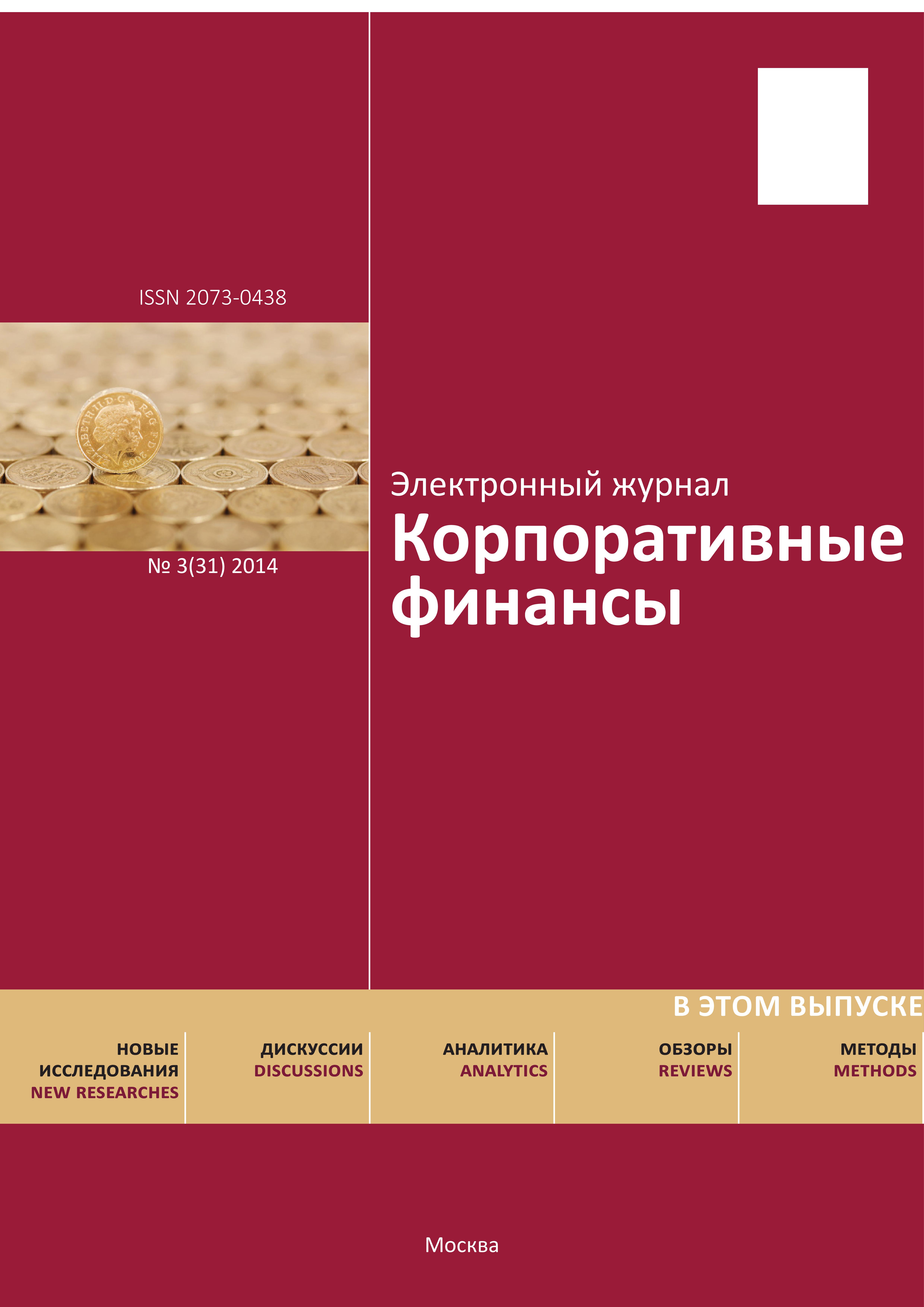Development of conceptual approaches to the measurement of goodwill from a historical perspective. Part 1
Abstract
Authors:Kuzubov Sergey Anatolyevich - Associate Professor, HSE Higher School of Economics, Faculty of Economics, School of Finance. E-mail: skuzubov@hse.ru
This article is the first part of the historical review of the occurrence and development of conceptual approaches to measuring goodwill in economic science since the end of the 19 century to the 70-ies of 20 century. The problem of goodwill measurement arose in economic science at the end of the 19th century and still discussed in the academic and practitioner communities around the world. Despite numerous studies and the adoption of accounting standards issued by various professional organizations internationally, existing opinions on this issue vary and change frequently. The need to preserve the established recognition criteria, on the one hand, and the need to provide useful information, on the other, has led to a number of controversial issues in the measurement and recognition of goodwill. In the study we analyze the historical experience in the form of goodwill perceptions, identifying historical patterns suitable for improvement of modern theory and practice of measuring goodwill. Methodological basis of the study consists of the works of distinguished scientists in the fields of accounting, international and generally accepted standards of accounting and reporting. The authenticity of the author’s findings confirmed by a logical use of scientific methods such as historical-and-comparative, historical-and-typological and historical-and-system method. The author track back the transformation of methods of measuring goodwill in academic research and normative documents of the nineteenth and twentieth centuries. Separate section is devoted to modern concepts of goodwill measurement, which represents an alternative to the existing accounting standards. А gradual, cumulative and cyclical process of development of methods for measuring goodwill was identified. We found that in periods of economic growth the paradigm of current value usually dominates, while in periods of recession the historical cost paradigm is rolled back.

